
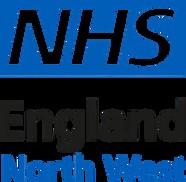



Supporting our Line Managers to make informed decisions for their staff and improving the quality of any management referral relating to fitness for work decisions.
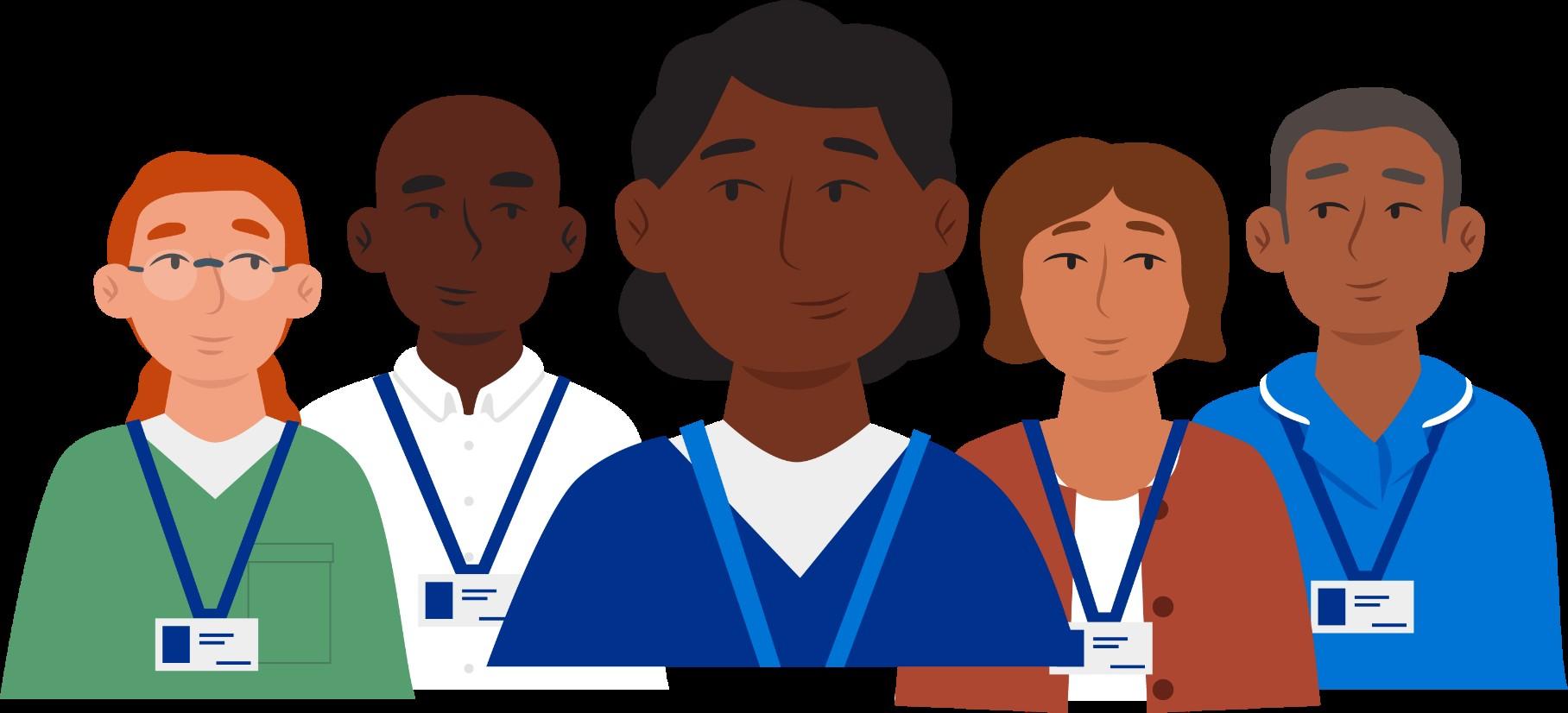


• Background
• Strategic Alignment
• Guidance When Making A Referral 18 Why Wellbeing Matters 03
• Supporting Animation 5
• Line Manager Guide - 6
Further advice & Contact Information 22 Resources 04



The Northwest experiences poorer population health outcomes than other regions in England. This leads to higher sickness absence rates but also challenges caused by presenteeism (staff in work when they do not feel well enough to be).
The Annual NHS Staff Survey repeatedly shows that colleagues feel burnt out and lack the energy for personal relationships. Professor Michael West (Professor of Organisational Psychology) warns, “We risk damaging the health and wellbeing of the people we ask to deliver our services,” and reminds us that “Compassion and compassionate leadership do not require learning new skills—it’s reminding ourselves of who we truly are.”
In response to feedback, the Northwest Growing Occupational Health & Wellbeing Delivery Group, facilitated by Northwest NHS England, developed a multi-media resource to guide managers in:
• Creating purposeful wellbeing cultures, and
• Making more informed Occupational Health referrals/fitness for work assessments.
• Empower Line Managers, in terms of creating cultures which support wellbeing in their teams, enabling team member’s wellbeing needs being supported earlier.
• A better-quality Occupational Health referral/Fitness for Work assessment submitted, enabling experts to provide more timely and accurate advice to Line Managers.
• Reduce the number of referrals being returned for additional information.
• It will release capacity in Occupational Health/Employee Health & Wellbeing team to move from a more re-active to a pro-active focus.
This work aligns with the 10 Year Health Plan for England and The Darzi report’s call to shift from “sickness to prevention”, also the national Growing Occupational Health & Wellbeing Together Strategy, which urges integrated care systems to expand Occupational Health & Wellbeing services as a strategic priority.
It complements internal Organisational wellbeing initiatives led by Health & Wellbeing Guardians and supported by national resources such as the NH S England Health & Wellbeing Framework, the Wellbeing Community, Looking After Your Team’s Health and Wellbeing Guide and the NHS England Flexible Working Toolkits.


These resources were created with expert input by Occupational Health & Wellbeing specialists from all three of our Northwest Integrated Care Systems. The resources include:
Good Wellbeing Cultures Flipbook, including:
1. Training Animation (duration – 2 mins)

2. Line Manager Guide
Purpose
Includes all resources developed to empower our Line Managers to support colleague wellbeing at the earliest opportunity.
Designed to be embedded into existing leadership development or standalone training.
All Line Managers across our organisation.
All Line Managers across our organisation.
4. Guidance When Making A Referral
Consisting of 8 questions, to encourage Line Managers to consider the options available to them to support their member of staff to stay in work or return to work sooner.
The Line Manager Guide is also built into OPAS-G2 Digital platform.
Includes additional consideration when completing a referral.
All Line Managers across our Organisation when completing a referral. Use the links to support the staff member Line Managers will also be able to offer interim support to their staff member whilst waiting for an Occupational Health referral/Fitness for Work assessment outcome from their Occupational Health & Wellbeing services experts
All Line Managers across our organisation.



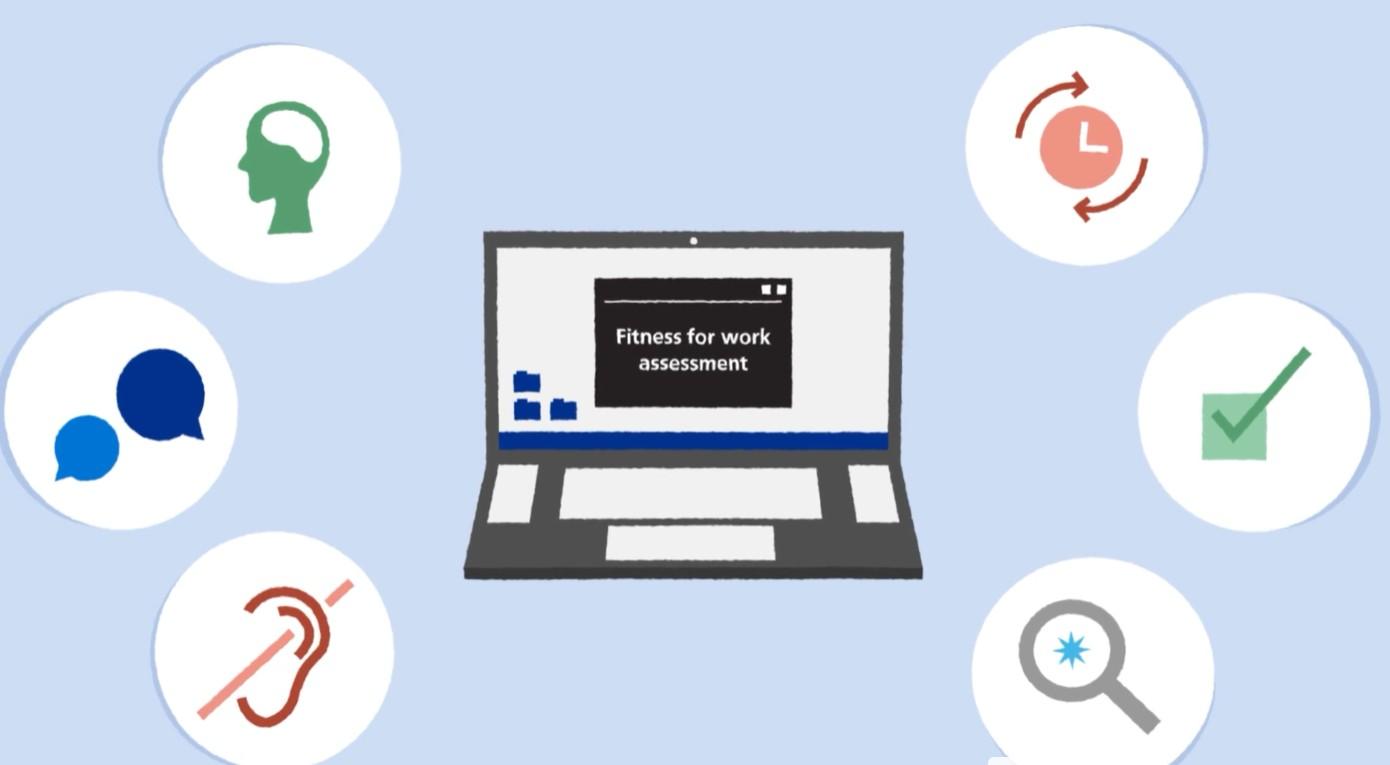
This supporting animation is designed to support leadership development.
Creating cultures where colleagues are able to stay well and thrive in work is the responsibility of everyone - the individual, their Line Manager and the Organisation.
This animation focusses on the importance of ‘the conversation’, building awareness of the options that are available to a Line Manager to determine how best to support a staff member’s health concern.
Supporting Line Manager capability, in terms of creating cultures in teams that support wellbeing, will release capacity in Occupational Health & Wellbeing teams. When an Occupational Health referral/Fitness for Work assessment is required, if it is well-informed, it will maximise the chance of receiving helpful and relevant advice in a timelier manner.



Overview:


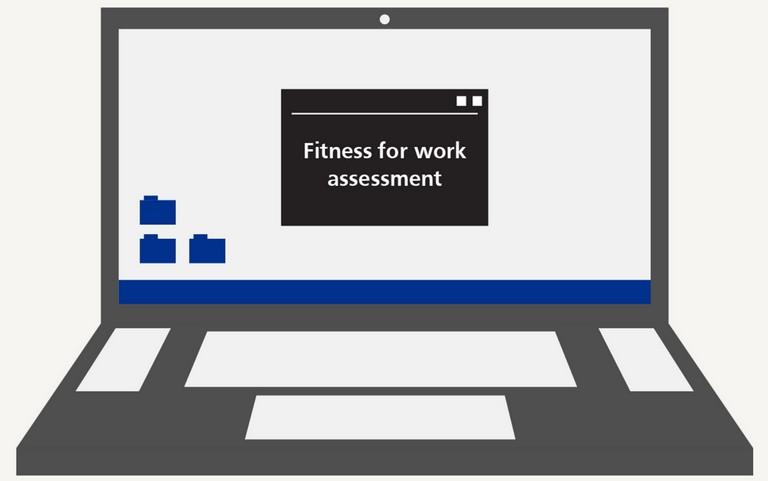
This is the core resource, also built into OPAS as a pre-referral questionnaire. It consists of 8 questions, which encourage Line Managers to consider the options available to them to support their member of staff to stay in work or return to work sooner. A conversation with their staff member will help a Line Manager to understand what they need to consider and inform their next steps of support. It is not always the case that an Occupational Health referral/Fitness for Work assessment is the most appropriate first step in providing early health and wellbeing support.
Key Features:
Line Managers may find the information they require to support their staff member without the need for a referral/fitness for work assessment, however when one is required, it will be better informed. A well-informed referral/fitness for work assessment reduces the return rate and the wait time between submission and receiving expert advice, and will improve the quality of advice given.
Line Managers will also be able to offer interim support to their staff member whilst waiting for an Occupational Health referral/Fitness for Work assessment outcome from their Occupational Health & Wellbeing services experts.





Maintaining good physical, psychological, and practical wellbeing in the workplace is widely recognised as essential.
As a Line Manager, you play a pivotal role in creating a culture where wellbeing is prioritised, particularly during periods of complex and demanding work.
This guide is designed to help you embed positive wellbeing practices across your team, empowering you to take appropriate action when additional support is needed.
It outlines eight common scenarios where you may be considering a referral to Occupational Health & Wellbeing Services.
Each scenario links to further guidance and local support resources, helping you explore options that may enable a colleague to remain in work or return to work sooner. In some cases, this may reduce the need for a formal referral.
Where a referral is required, the guide enables you to start the support process earlier, empowering you to do the right thing for your team member.
**Please Note – throughout this guide, there are sections highlighted in blue and underlined. These provide links to your Organisational resources to support you to access the information needed to make informed decisions on how you best support your staff member.


In fast-paced work environments, it's essential to make time for regular check-ins with your team. These conversations can be integrated into existing touchpoints - such as debriefs, safety huddles, handovers, or one-to-one meetings.
Before you take any action, make sure you have referred to the Wellness Action Plan you have in place for your staff member/ team. This may help provide you with the context if you need to instigate further intervention.
As a Line Manager, your focus should be on understanding what enables your colleagues to perform at their best. A referral to Occupational Health and Wellbeing may not always be the most appropriate first step. This guide will help you assess the situation and determine the most effective course of action.
While this process may feel time-consuming amid competing priorities, investing time early can lead to meaningful benefits, such as:
• Empowering you to provide support at the point of need.
• Initiating the support process from the point of referral.
• Helping staff remain in work.
• Improving the quality of referrals and reducing delays.
• Enabling quicker access to specialist advice.


If an Occupational Health referral/Fitness for Work assessment is required, there is guidance to creating a quality referral from page




Please review the questions below and think about whether they apply in the situation you are considering for an Occupational Health referral/Fitness for Work assessment If you think one or several of these apply, click the link for further guidance.

Is your team member feeling stressed, anxious or depre ssed, which is making it hard for them to work well?

Is your team member experiencing back or muscle pain, which makes it hard for them to work well?


Do you have a safeguarding concern for a team member ?
Are you supporting a team member who is currently ab sent from the workplace?


Do you need to complete a Risk Assessment for a team member?

Do you need to find support for a team member who ha s experienced a traumatic incident at work?
Do you need to support your team member to attend an absence management meeting?

Do you need to consider the root causes of ill health – i ndividual performance or team dynamics?


Is your team member feeling stressed, anxious or depressed, which is making it hard for them to work well?
There are various causes of stress - personal, work-related, anxiety, or depression, so different actions may be needed, and an Occupational Health referral/Fitness for Work assessment isn’t always the right route.

It’s important to make space for a conversation when someone seems to be struggling. Consider whether a face-to-face discussion is best. Here is a link to support wellbeing conversations.

A Stress Risk Assessment can help clarify the issue and guide how best to support your colleague.

The Organisation offers a range of health and wellbeing support options and you may want to signpost your staff member to these — details are available here.


You could suggest they speak with a Mental Health First Aider. Alternatively, they might prefer to contact the Enployee Assistance Programme, Health Hero, or the in-house psychological therapy team via Occupational Health & Wellbeing for confidential support.
There are also external services they can access directly, such as Talking Therapies via their GP, local support services, or the NHS111 mental health support line if in crisis. (



Is your team member experiencing back or muscle pain, which makes it hard for them to work well?
A conversation with your team member will help identify the root cause of the pain or mobility concern, and whether it is work or home-related




If work-related, consider the completion of a Manual Handling Risk Assessment. This will help identify the actions needed to signpost to services, such as physiotherapy. The risk assessment will also support the decision-making on potential adjustments required to keep someone in the workplace.
You may feel it beneficial to complete a DSE Risk Assessment to help understand what actions need to be taken to support your team member. You will find all the information you need in the Workplace Adjustment Passport, which covers both DSE and Access to Work assessments, and how you can put mitigating actions into place.
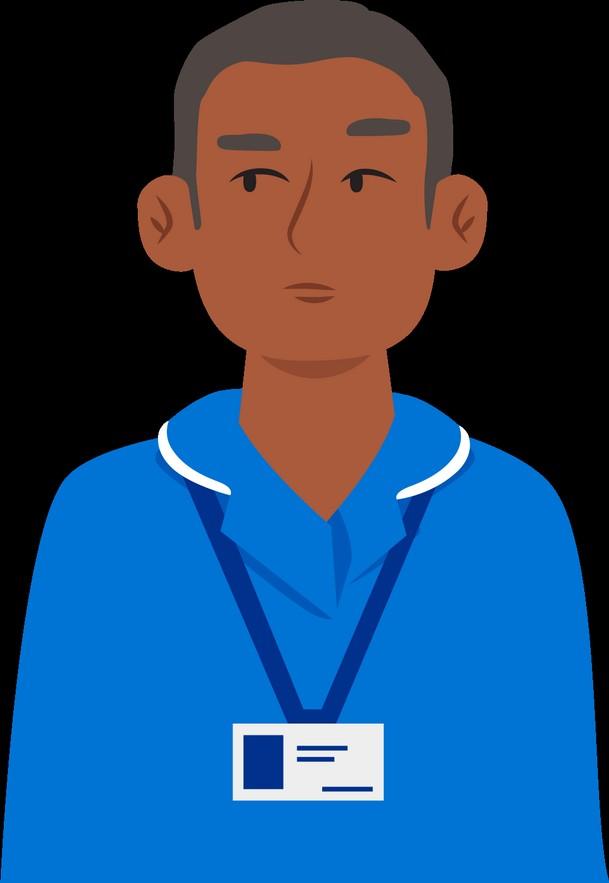



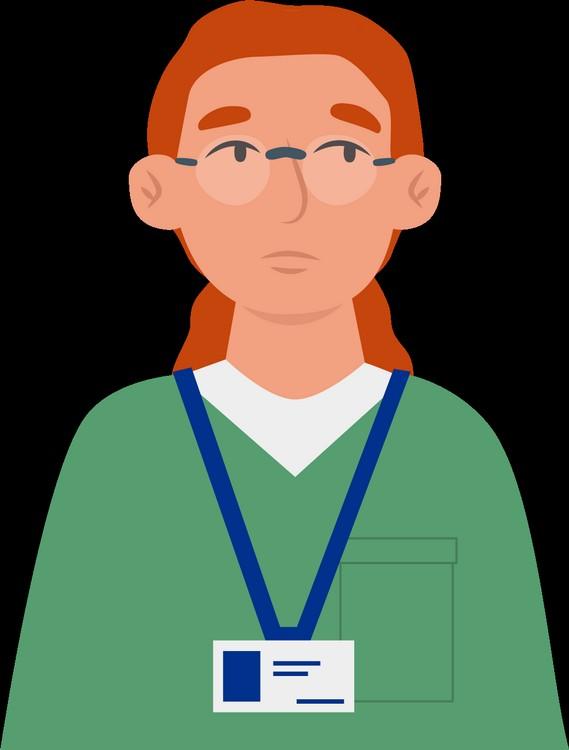
There may be a number of reasons why you are concerned about a team member or colleague – whether it is because they are experiencing some form of bullying or harassment, a form of domestic abuse, or a risk to their sexual safety - either in the workplace, or at home; or have indicated that they may be thinking about harming themselves.



You can find support links on the intranet, where you can find details on how to contact the Safeguarding Team, information about direct access to support, and how to report an incident. If you are uncertain about where to find support, then refer to the People and Development page for relevant contacts. If there is a critical risk or someone is in danger, ring 999 immediately.



You are encouraged to stay in touch with your team member whilst they are absent from the workplace, to understand how they are getting on, whether they have access to the support services they may need, remain connected, and assess if there is anything that is not working the way it should

You can access guidance on managing attendance in the Supporting Health and Wellbeing (attendance) Policy, which will help identify the things you need to consider, such as recording absence on ESR, planning for an attendance management meeting, or a return-to-work conversation.





You can contact the People and Development page for advice, and they will provide the support you need.
There may be times whilst a colleague is absent that you will want to signpost them to wider services, either to universal services, NHS online services, or self-referral options – you can find more information here



Do you need to complete a Risk Assessment for a team member?

There may be several reasons why you need to complete a Risk Assessment, including - the effects of a workplace environment, the impact of stress, pregnancy, back, neck, or joint issues, the management of a long-term condition, neurodiverse skill sets, and more.

Make sure that you have a Wellness Action Plan in place for your team and as individuals.

You may also need to complete a Risk Assessment with a team member to ensure that you are being supported in the best way possible.




In the event of a traumatic incident, your Organisation will have clear processes that need to be followed to report an incident. It is important this process is followed in a timely manner, so that all those impacted are given the right support at the right time. As a Line Manager, there are a number of considerations to find the right support for your team:


Was there a critical incident that the team member was involved with, or a psychological impact?




Has this workplace activity triggered a previous trauma, such as an Adverse Childhood Experience (ACE)?
There will be a number of support points across your Organisation that you may wany to access: Wellbeing Champions or Mental Health First Aiders for support, or the Spiritual, religious and pastoral care team may be an option. In some instances, you may need the intervention of the Occupational Health and Wellbeing Service



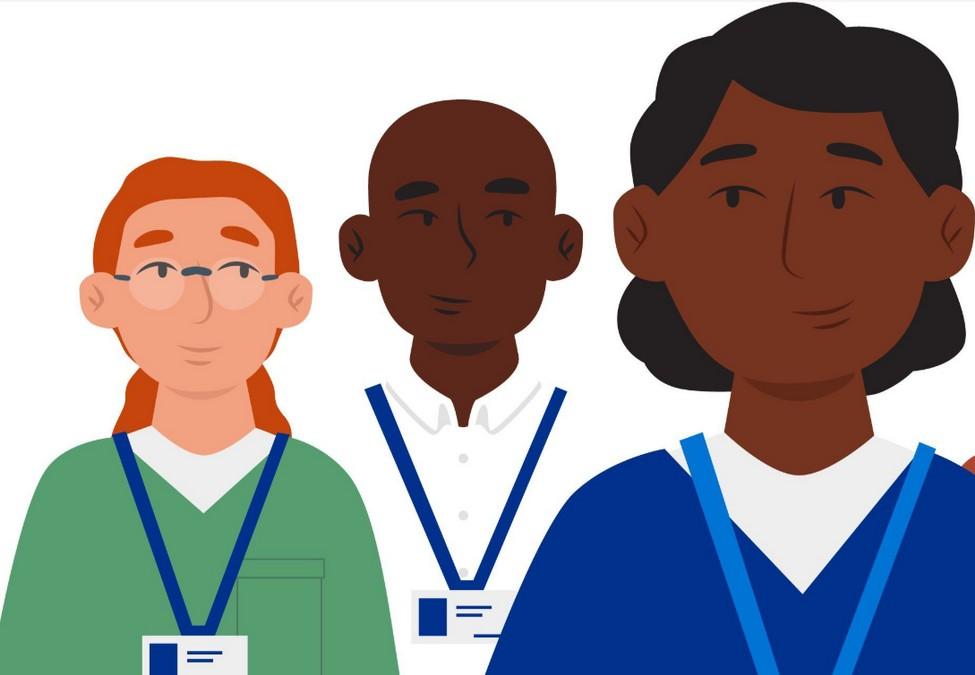
Make sure you have taken action to consider any adjustments where needed. You can do this initially by asking your team member what they need to attend the meeting – consider the setting, how the meeting is conducted, such as use of tech, or who they may want to join the discussion for support.
You may want to access the advice from your HR Team or Union representation Staff Side .






There are occasions when stress can be caused by performancerelated issues or a reflection of wider team conflict. It is important that as a Line Manager, you reflect on the root cause of the stress, and whilst the right actions for the individual may be to access provision from Occupational Health & Wellbeing Services to alleviate the symptoms, you may also need to consider the best action to tackle the root causes.

A discussion with your HR Team will be helpful to devise the correct interventions.




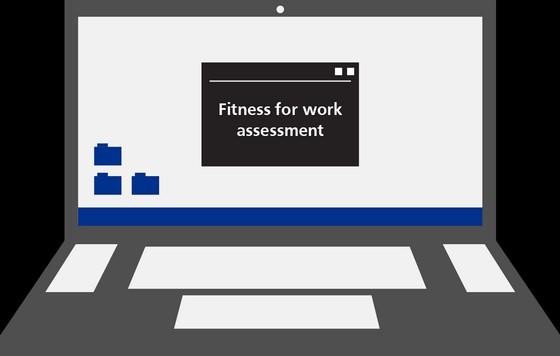

There may be a number of reasons why you need to make an Occupational Health referral/Fitness for Work assessment for a team member. As a Line Manager, you must discuss this with your team member – either face-to-face, via MS Teams, or by telephone- and have their consent to proceed. You can make a referral here
When making a referral, ensure that you have the agreement of your team member and that they fully understand the reasons for the referral. You will also need the details about your team member to hand, including full name, date of birth, and contact details. Remember, if they are absent from work or not accessing work emails, then this may be a home email and phone number.


It`s worth remembering that 24% of the working age population is disabled. It`s important to keep colleagues well at work and enable and support them to work to their full potential. Our statutory duties (Equality Act 2010) require us to provide reasonable adjustments, many of which are cost effective and can be simple changes to hours, duties, equipment used, etc. As in all other scenarios an inclusive, supportive and in-depth conversation to fully explore and identify specific needs should be the first step, many colleagues are aware of what they need. If further advice and support is needed, consider asking Occupation Health/Employee Health & Wellbeing specialists to help


To help the Occupational Health & Wellbeing team process your referral effectively, you need to be clear about the cause, and the outcome that you are looking to achieve, so provide plenty of detail about why you are referring your team member, and any supporting information.
Your Wellness Action Plan may help provide the detail you need, such as adjustments already in place, if there has been any absent periods, or the kind of support that has been provided previously.
A Stress Risk Assessment can help clarify the issue and guide how best to support your colleague.
You will need to consider what you are asking the Occupational Health/Employee Health & Wellbeing team to respond to, such as:
• ’what workplace adjustments or modifications do I need to put in place for this colleague’
• ‘can you please advise how we can best support our colleague in the workplace’
• ‘can you confirm that they are fit for work’ or ‘what should a return-to-work plan include?’
These questions will vary and be specific to your colleague and their individual set of circumstances. As a Line Manager, you will need to be mindful of the information you provide to allow Occupational Health & Wellbeing Service specialists to provide an appropriate and timely response.





It's important that you consider the equity of access that your team member needs. Have a discussion with your team member about any factors that may influence their access to occupational health and wellbeing services, including:
• Cultural considerations: Some colleagues may have cultural or religious preferences that impact their approach to their health. Occasionally, there may be some language needs – interpretation or sign language. Make sure you take these into consideration when making the referral and provide information where relevant.
• Adjustments: Ensure that you consider all adjustment needs of your team members. This may include any physical needs or neurodiverse conditions, including mobility, visual impairment, style of information sharing.
• Working patterns: You should include any working patterns, non-working days, shift patterns or locations that may impact on the access to Occupational Health & Wellbeing services. Some colleagues may be working shifts onsite, or work more mobile, whilst others may spend their working day from home. Consider location and working patterns which may restrict attending appointments, especially if the ill health prohibits travel to appointmentsonline or telephone appointments may help accommodate this and should be included as a request on your referral.
• Life factors: There can be a number of societal considerations that also impact your team members ability to fully access services, such as their financial wellbeing, transport issues, childcare or caring responsibilities, that may restrict their availability, then it's useful to include





Remember: It is important that you avoid any assumptions or bias in your understanding of what your team member needs, and you should remain focused on their health and workrelated needs, without judgment or prejudice. It is your responsibility as a Line Manager to make sure that there is equitable access to Occupational Health & Wellbeing services, as well as all wider support available. You can find more guidance about taking a fair and inclusive approach here.

Finally, include any wider information that you are aware of, if relevant to the referral. This may include access to wider support or universal services, such as through a GP, counselling, or wider community-based provision. This may be related to any underlying health conditions or ongoing support they are accessing, such as navigating menopause or therapy sessions.
Please note - it is not your role or responsibility as a Line Manager to request this information, only if the individual chooses to share this with you and only share summary details if it is relevant to your referral.
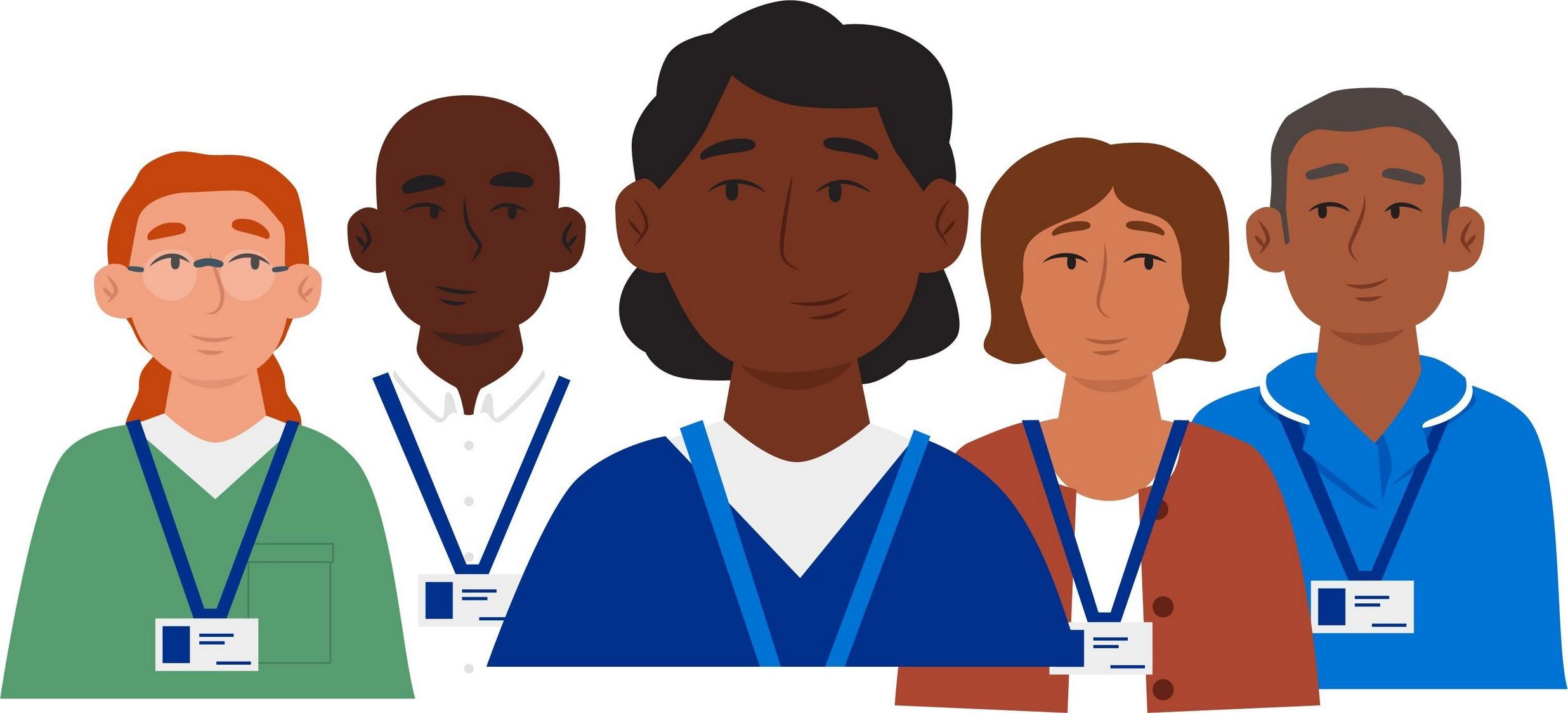


You may want to access the advice from your Occupational Health & Wellbeing Service or HR Team. You can contact them with your queries, and a member of the team will be in touch.
They will guide you through your specific queries, making sure that an OHWB referral is the right course of action and that you have all the details you need to proceed.
For more information, contact ohwb@merseycare.nhs.uk

Supporting our Line Managers to make informed decisions for their staff and improving the quality of a management referral relating to fitness for work decisions
A co-created suite of resources which guide managers through a series of considerations prior to making an Occupational Health referral, designed to purposefully support good wellbeing action and appropriate OH referrals.
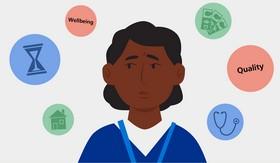

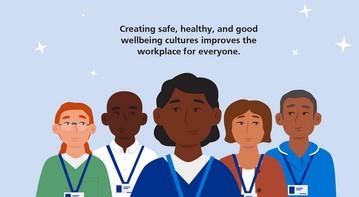
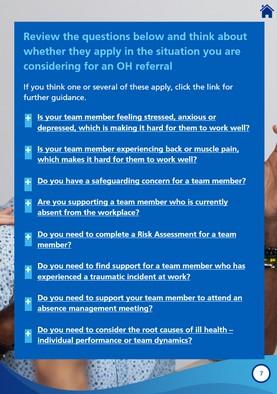

2-mins training animation to embed into leadership development
To support early wellbeing conversations & improve referral quality





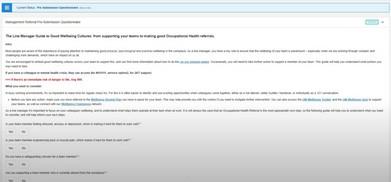
Organisations adapt with their local support information
To support early wellbeing conversations & improve referral quality Guidance for making effective Occupational Health Referrals
Available for any health & care organisation using OPAS-G2 nationally